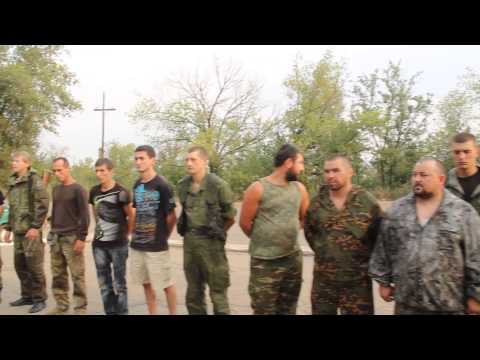It is useful to understand the minds of the leaders of the pro-Russian rebels, most of whom, until recent resignations, were Russian citizens, like Aleksandr Borodai former head of the Donetsk People’s Republic. Here is an excerpt of an August 13 interview in Novaya Gazeta, an excellent Russian paper.
Kanygin: (Journalist with Novaya Gazeta) You are a citizen of Russia, I wonder how you communicate and find a common language with the residents of the region, citizens of Ukraine?
Boroday: Why would I have to find a common language?
Kanygin: I mean you’re a leader of the DPR, a citizen of Russia…
Boroday: But we’re all Russian people! Why would I have to find a common language with them? If in their day the internal administrative borders of the Soviet Union, which were already demarcated rather strangely, suddenly became state borders, why would the resident of Donetsk be fundamentally different from the resident of Rostov? I’ll explain it to you: they aren’t different, they’re from one big country. And you should understand a fundamental thing. I’m often called a separatist, but I’m not a separatist, I’m against separatism in general!
Who are the separatists?
The Kiev junta are separatists. Because there is a gigantic Russian world which was formed for a thousand years. This is a common civilization – it is Russia, Belarussian and Little Russian (Malorossiyskaya, a term Ukrainians have always found offensive–The Interpreter). For hundreds of years we had a common state which was forged in sweat and blood.
Kanygin: Alright. But where are the borders of this state?
Boroday: They are well known. Where the Russian language is heard, where Russian culture is on the move, where Russian blood has been shed…
…And we are fighting for a global Russian idea. And the center as before is the city of Moscow, and for us, the capital is Donetsk and Lugansk and Rostov and St. Petersburg and other places where they speak Russian and Russians live. It’s very simple.
